Canada's online news legislation only covers Meta/Facebook and Google, say regional broadcasters, and they are calling for it to be expanded to Apple News+ and others.
The Online News Act is Canada's new law that requires Facebook and Google to share revenues with the news publishers whose work they use. That won't happen, though, as both Facebook and Google have shuttered their news services rather than pay anything they owe.
According to the National Post, however, a group representing television and radio broadcasters in Canada is asking for the Online News Act to be expanded. The Canadian Association of Broadcasters (CAB) wants the law to cover all online news, but it is specifically naming Apple as an example.
"The CAB believes that such services should be scoped into the framework, rather than excluded up front," said a spokesperson.
Unlike Facebook and Google, however, Apple does pay for the news it presents in Apple News+. It's done worldwide and in part via Apple's News Partner Program.
While the Online News Act became law in 2023, details of it are still being worked on and the government has been soliciting suggestions such as CAB's.
"As we've said all along, we are open to good and constructive ideas to improve the proposed framework," said a spokesperson for Heritage Minister Pascale St-Onge. "Our goal remains the same of creating fair deals directly between news organizations and tech giants that can and should contribute more."
The National Post says that the Canadian government has estimated that the law will generate CA$320 million ($233 million) annually, of which $175 million would go to broadcasters.
It's not clear whether that estimates includes revenues from Google and Facebook. However, separately, Canadian government officials have estimated that the two firms would be paying a total of $170 million — if they hadn't pulled out.
 William Gallagher
William Gallagher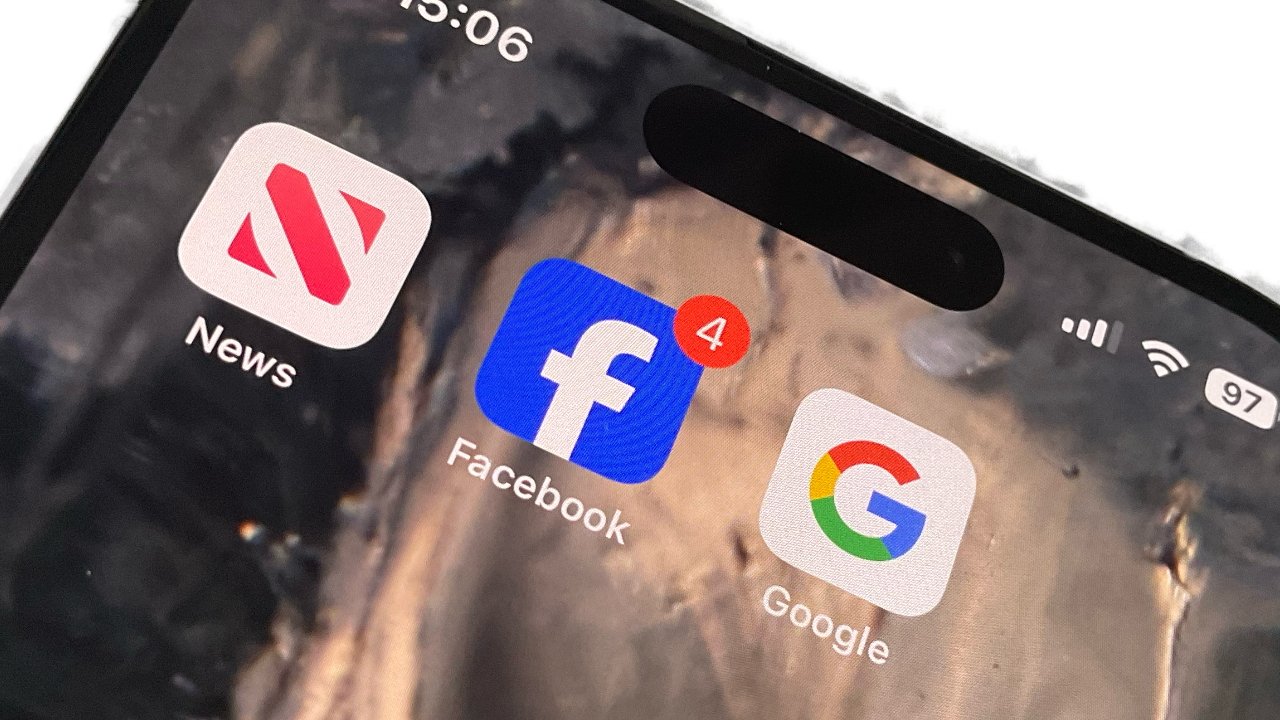




-m.jpg)



 Christine McKee
Christine McKee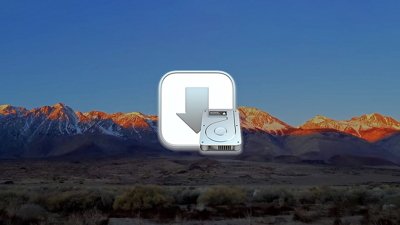
 Chip Loder
Chip Loder
 Oliver Haslam
Oliver Haslam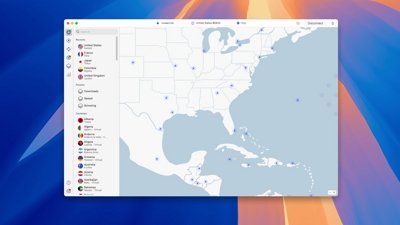
 Malcolm Owen
Malcolm Owen
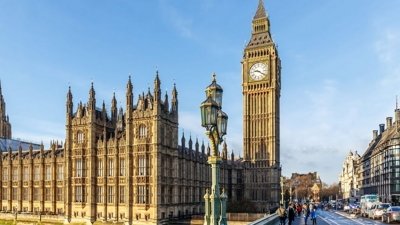
 Amber Neely
Amber Neely

 Andrew Orr
Andrew Orr
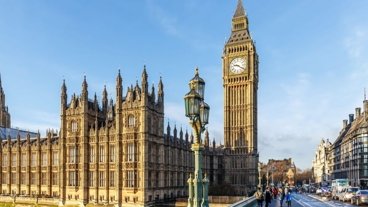






10 Comments
So Apple is PAYING for the news already, but that is not good enough? The government wants its own cut? So this law will supposedly bring in $233 million and yet the broadcasters only get $170 million of that? Yet Apple is already paying!!!
If I was Apple, I would block Apple News+ service in Canada. Stop paying for any news from Canada and in fact have zero Canadian news at all. Now the Government gets NOTHING!!! The people there are out of luck, thanks to their government. This is completely ridiculous.
There's our hyper-woke, progressive twat of a Prime Minister and his cabinet at work for you! Embarrassing times to call myself a Canadian :(
I get so tired of the rhetoric from reactionaries these days. I've just started to assume that they either lack critical thinking skills of any kind or have a hidden agenda to push.
The difference between Apple and Google/Meta is that Apple does actually pay for the content in Apple News+
So this change to the legislation will likely have no effect on Apple. It'll simply ensure that all online sources of news are covered by the same legislation.
Apple has long been a company which pays the entry fee for whatever they get into. Unlike Google who have a long history of preferring to go the route of litigation over paying any sort of licensing fees (cloning Java for app development on Android, buying WebM instead of licensing H.264, cloning fonts, etc). And Facebook has long looked to Google for how to run their business, so it's not surprising they choose the same path.
And that's what this is really about: if your business is going to profit from something, be it news content, music, or technology, you ensure that the people producing those things get paid accordingly for them. I have no love for scammers who are simply out to rip others off, or for those who blindly support them. Pay the entry fee to whatever industry you're choosing to do business in or GTFO.
Pay for News — great idea!